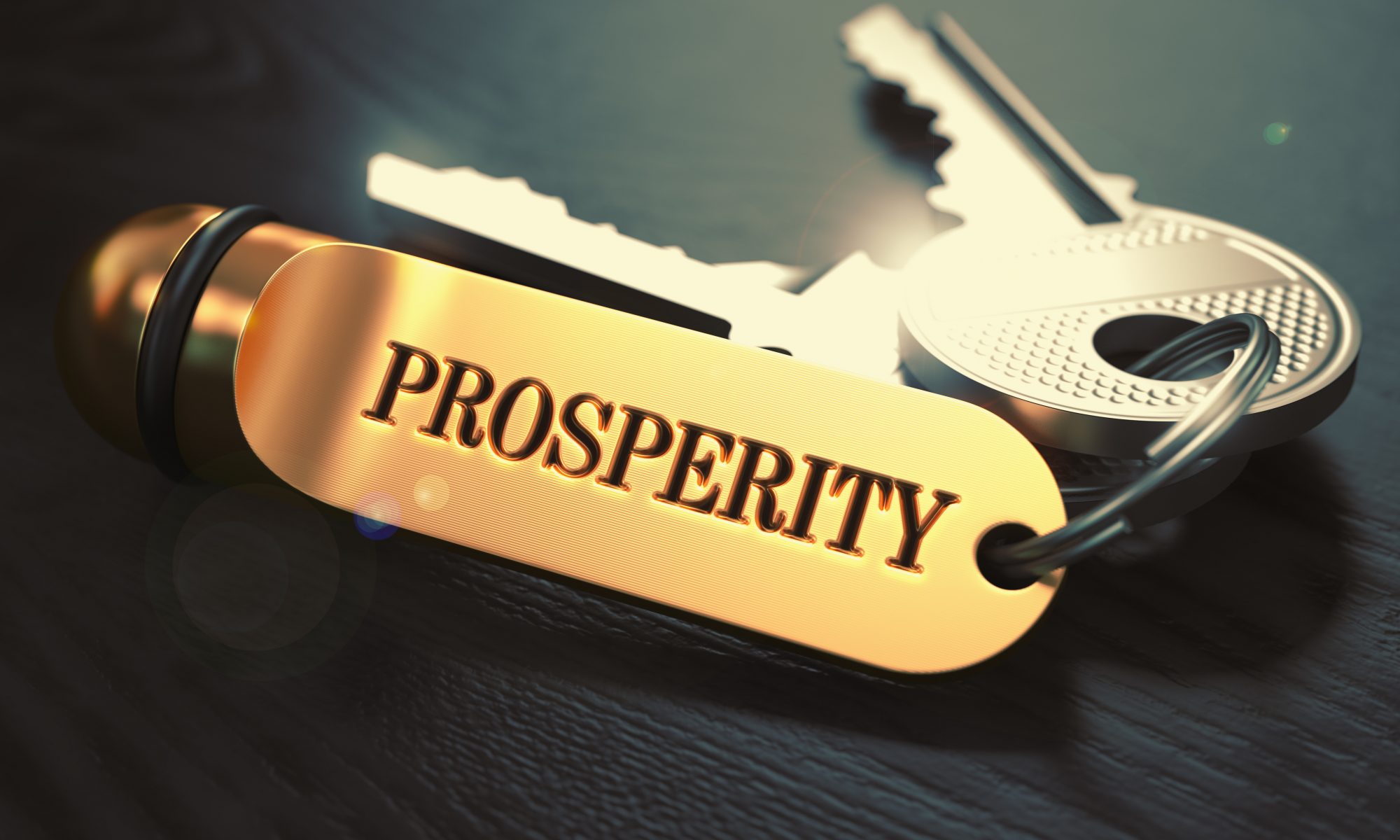
No matter who we are or where we come from, we’ve all done stupid stuff with money. Show me the person who has no money regrets and I’ll show you a perfect person. And we all know those don’t exist!
Probably the dumbest bad money habit I had was not taking retirement planning seriously in my younger days. Because of that I lost out on hundreds of thousands of dollars in growth that I can never get back. So now I’m playing catch up!
Regardless of what your particular bad money habit is, the key to breaking it is to understand where it came from. As they say, knowing is the first step. So, let’s first solve that mystery.
Money Habits- Where Do They Come From?
Upbringing– You can probably think back to specific “money moments” in your childhood that stick with you to this day. Maybe your parents argued about money frequently and as a result you don’t like to talk about money. Or maybe you didn’t have a lot as a child, so you hoard money for fear of being poor again. Or maybe material gifts were given in place of time or attention, so you tend to buy stuff to make yourself feel better. No matter what our household environment was, it affects all our spending habits to some degree to this day.
Environment– When I say environment, I talk about the people and places you surround yourself with. Are your friends deep in debt? Are they always complaining about how little money they have? Are they quick to whip out their credit cards to have a good time because “they deserve it?” Are they always complaining that the little guy can’t get ahead? Or, do they discourage you when you try to elevate your current financial situation? The people we surround ourselves with have a huge impact on our money habits and our view of money. We tend to rise (or sink) to the income level of our closest associates. So, think about who you hang out with and how closely your financial situation mirrors theirs.
Culture– We live in a world awash in consumerism. The advertising juggernaut assaults our eyes and ears on a daily basis with messages designed to part you from your money. You know the spiel: To be happy, you MUST HAVE this latest gadget. And, you’re not anyone unless YOU DRIVE that brand of automobile. Or, you have NO STATUS unless you have this particular credit card in your wallet. The economy is driven by convincing you that you MUST keep up with The Joneses. What they don’t tell you is that The Joneses are broke!
How Do We Break Free From Bad Money Habits?
Bad money habits can grip us as tightly as the chains of addiction do a drug addict. Have no fear. What was broken can be fixed and what was bound can be unloosed. Here are some top offenders on the list of bad money habits along with what you can do TODAY to break free from them:
1- Constantly Running Out Of Money
The Problem– You can never seem to make your money stretch. You get paid on Friday and you’re broke by Monday. Or, maybe it’s the 15th of the month and you already have too much month left at the end of your money. This doesn’t happen every once in a while. This happens regularly. Who hasn’t been there? I know I have. When this happens, it can cause you to freak out and go into panic mode where your brain causes you to do desperate things like take out payday loans or get cash advances on your credit card. Both of these things come with insanely high interests rates that leave you worse off then you were before.
The Fix– This particular bad money habit has a brilliantly simple fix: Get on a budget! The budget is you telling your money where to go instead of wondering where it went. The budget process is not that hard. We just make it hard because we approach it the wrong way. Here are some tips:
-Figure out what your long-term goals are in life and work your budget around them. Do you want to retire early? Do you want to buy a home or car? Do you want to become debt-free? Whatever the goal, let this be the guiding principle of your budget and give it the most attention. This will keep you motivated and give you a reason for sticking to your budget.
-Calculate your total net monthly income and your total monthly outgo. This means add up all your sources of income from jobs, side hustles, interest and dividend payments, rental income, etc. Then add up all the things you spend money on in the run of a month. Look at your bank and credit card statements for clues on this info. You can’t begin to budget without these two critical pieces of information.
-Assign every dollar you make in the course of a month to a mission BEFORE the month begins. This is called a zero-based budget because you don’t leave anything left over to chance. This assures that you make sure every dime you make is working toward your goals. It also makes sure that you have enough money to cover all your spending needs. In other words, it gives you permission to spend on all the things you choose to in the course of a month. Remember, YOU MAY NOT SPEND MORE THAN YOU MAKE! And always set your spending categories and amounts in each based on your goals.
-Track your spending and stick to the budget! When you are making the budget, you are the boss. But after the budget is done, it becomes the boss. Don’t violate it and it will get you where you need to go. But if you ignore it, you will pay the price of continuing in the misery you have become accustomed to. Record your spending using a spreadsheet, your favorite app or an old-fashioned yellow pad. Whatever works, use it!
2- Racking Up ATM Fees
The Problem– You run up dozens, or hundreds, of dollars in ATM fees every month. You never seem to have enough cash on hand. So, you run into McDonalds, 7-Eleven, a competing bank or the neighborhood grocery spot to hit up the ATM. The problem is that this ATM is not in your bank’s network, so they charge you a fee. Then your bank charges you another fee on top of that one. Typical fees range from $2.50 to $5.00 or more. Do this once a week and you can easily blow a sizable chunk of your hard-earned money. And some of you out there do this more than once a week. Ouch!
The Fix– You can easily avoid ATM fees with a little bit of advance planning:
-Look at your budget and calculate how much cash you will need until the next payday and take out that much money in one shot.
-Go to your bank or only ATMs in your bank’s network so you will not be charged a fee. Leave those convenience store ATMs alone! The last time I paid an ATM fee I was stuck in the boondocks of Pennsylvania in 2006. And it HURTS me to this day!
-Stop spending on impulse. Follow the spending plan you laid out in your budget. Impulse spending is what causes unplanned trips to the ATM.
3- Incurring Overdraft Fees
The Problem– Your checking balance gets low and a charge comes through. The bank would never think of embarrassing you with a bounced item so, in their kindness, they cover the charge with their money. All they ask in return is a teeny, tiny overdraft fee of about $30 bucks!
The Fix– You can eliminate this problem with a few simple measures:
-Get on a budget. Yup, I said it again. When you plan your spending in advance you know you have enough money in your account to cover any charges.
-Attach your savings account to your checking account. In the off chance that an overdraft item passes through your account, your bank will simply transfer the difference from your attached savings account to cover the difference, thereby avoiding an overdraft fee.
-Track your spending and your account balance. When you know what your REAL balance is (i.e. the screen balance minus any pending items) you will avoid withdrawing money thinking you have more than you actually do.
4- Going Into Debt For “Emergencies”
The Problem– You run into “emergencies” on a monthly basis, or pretty much close to that. You know the routine. Some expense comes up like a dead car battery, auto repair, dental issue, etc. and you don’t have enough money to meet the charge, so you go into debt to cover it.
The Fix– Get an Emergency Fund. Start with a beginner emergency fund of $1,000. Then, after you take care of other pressing issues like paying off debt and planning for upcoming expenses, slowly build it to 6-12 months of living expenses. Emergencies will happen. Murphy will come knocking on your front door. So, get your Emergency Fund in place fast. Here are some tips to do that:
-Sell stuff like it’s the end of the world. Put it on Facebook Market, Offer Up, Craigslist or something similar and collect that cash. I just sold a lawn mower and trimmer using these methods today for some cold, hard, fast cash. Sweet!
-Get a part-time job. Deliver pizzas, work retail, do deliveries, drive ride share or whatever you can line up. Just an extra hundred bucks a week can make a huge dent in your Emergency Fund.
-Start a side hustle. Parlay a skill into real income. Coach people on a topic you are skilled at. Use your baking skills to become the next Betty Crocker. Teach a course on a topic people need or want to get better at. Turn a spare room into income. There’s an endless variety of ways to get your hustle on.
-Set up an automatic transfer from checking to savings every month to build your Emergency Fund. Every month on the 25th, my bank automatically transfers a set sum that I determine from my checking to savings. I don’t need to think about it. I only need to plan for it in my budget.
5- Never Being Able To Save
The Problem– You know you need to save for emergencies and other stuff, but you can never seem to find the money to do it. You just don’t make enough. Waah! So rather than actually do it, we put it off so it never gets done.
The Fix– Make it an intentional priority. What never gets planned never gets done. So use the following intentional methods to start saving now:
-Set a line item in your budget to save each month. That way you already allocate money to go to savings each month.
-Use one of the methods to raise extra cash mentioned in the previous habit and stash it all in savings.
-Tell your employer to split your direct deposit. Employers can do this for multiple accounts at your request and at no additional cost. It doesn’t all have to go into your one checking account. So set an amount for them to put into a savings account each pay period and that way you never get to spend it!
6- Buying On Impulse
The Problem– You see something shiny and new. You just got paid and your pockets are fat (for the moment!) So, you buy it because you work hard and deserve it; you always wanted one of those and this is a once-in-a-lifetime sale; this will pick up your spirits because you’ve been going through a lot lately; you know what, I could use one of those clever gadgets… Yadda, yadda, yadda. You know the story because we’ve all used one of these excuses to justify an impulse purchase.
The Fix– The cure for the common impulse is the cool-down method:
-First, give yourself 24-hours to “cool-down.” Impulse purchases are made in the heat of the moment. Remove the heat, and you remove the impulse.
-Second, after the 24 hour period passes and you still want this thing as bad as you did yesterday, ask yourself if it’s a want or a need. Needs are things that your life must have in order to continue to function on the most basic levels. Anything else is a want. Prioritize the purchase accordingly.
-Third, ask yourself if you can afford it. No, you may not use your credit card. Do you have the extra cash in your budget to buy it? Can you move some items around in your budget to make room for the purchase? Or do you have extra money in a regular savings account (NOT your Emergency Fund!) that you can use?
7- Not Planning For Retirement
The Problem– You kept saying you’ll get around to it when you get a little older. Unfortunately, you’re on the other side of 50 and you haven’t saved a dime.
The Fix– Get focused on building your retirement savings using these methods:
-Take advantage of your company’s 401k if they have one and max it out.
-Set up a Roth IRA on your own in addition to your company plan. By the way, this is what I use and when it comes to retirement plans, I think it’s the greatest thing since sliced bread!
-Use the catch-up provisions in the tax code if you are 50 or older (like me).
-Put an automatic transfer each month into place to ensure money is deposited regularly into your retirement accounts.
There you have it, folks. With a little planning, intentionality and self-control, you can break bad money habits just like that. You may make a few mistakes in the beginning but, if you keep at it, in the end I have every confidence that like me, YOU CAN DO this!
Breaking bad money habits will give you a feeling of pride and accomplishment. Taking control of your money will give you a feeling of freedom and power like you’ve never experienced before. And once you go there, you will never want to go back.
For more help on the topics of financial literacy and mastering your money, follow my blog, contact me to set up a free discovery session or, to master the art of budgeting take my online course “Budget Like A Boss.”













